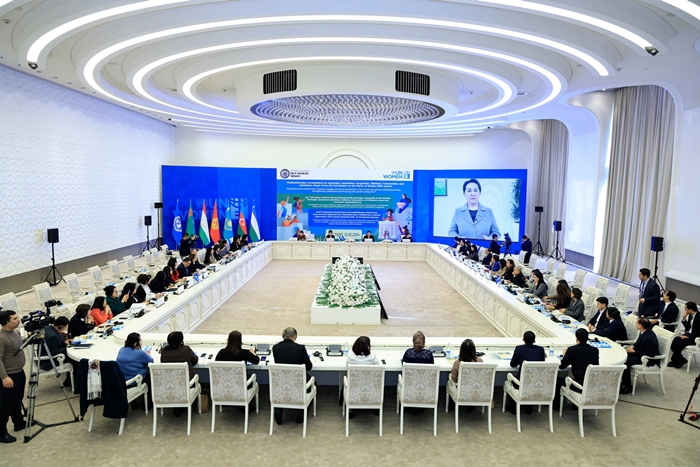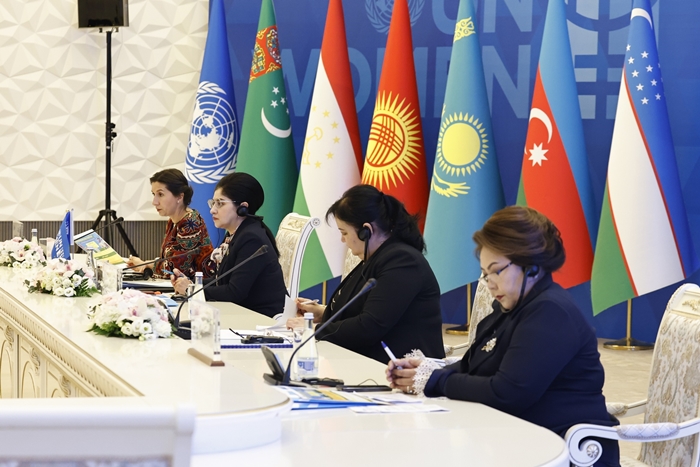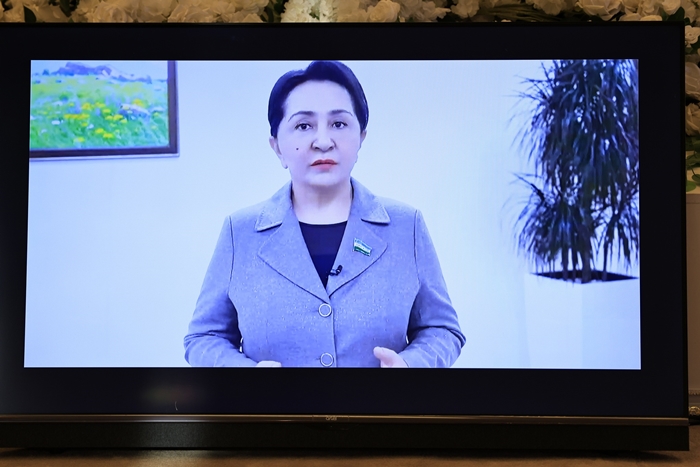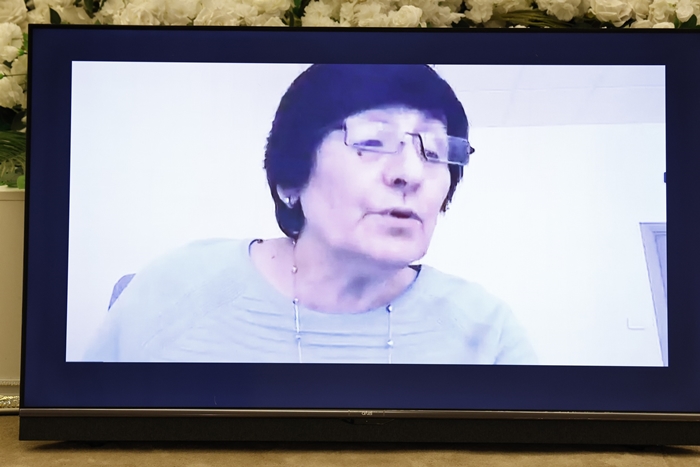The potential and opportunities for Central Asia to achieve gender equality were explored in-depth at consultations held in Tashkent on 12 February. The event, titled “Empowering women and girls, as well as ensuring gender equality by addressing poverty, strengthening mechanisms and gender-oriented financing,” was jointly organized by the Senate of the Oliy Majlis (Parliament) of Uzbekistan and UN Women.
The meeting was designed to assess the potential and opportunities of the region to achieve gender equality, to determine the priorities of development strategies in terms of poverty eradication, social protection and labor force activities.
The event was attended by parliamentarians from Central Asian states – Uzbekistan, Tajikistan, Kazakhstan, Turkmenistan – and Azerbaijan, representatives of civil society, youth organizations and academia, gender experts, representatives of more than ten UN programs, funds and agencies, UN Regional Center for Preventive Diplomacy for Central Asia, the Women’s Dialogue of Central Asian Countries and the private sector supporting gender equality and women’s economic empowerment.
Tanzila Narbayeva, Chairman of the Senate of the Oliy Majlis, in her video address to the participants of the consultations noted: “Today, the states of Central Asia and Azerbaijan have made great strides in protecting the rights, freedoms and interests of women, preventing violence and discrimination, as well as ensuring their participation in decision-making processes. As a result of fundamental reforms and transformations in the field of gender equality, the necessary experience and practice have been accumulated in our countries, favorable conditions are being created for the full and equal participation of women in the social, political and economic life of the country.”
During the consultation discussions focused on implementing cross-sectoral cooperation to address poverty, considering institutional strengthening and gender-oriented financing. Participants explored solutions to eliminate delays in financing for gender equality initiatives and expand women’s influence on policies and budgets.
The consultations also addressed the disproportionate burden of unpaid childcare and housework faced by women. The transition to the service sector and the provision of robust social services and protection systems were identified as key areas for improvement.
The consultations concluded with the adoption of a comprehensive document outlining key messages, best practices, and specific recommendations. This document will serve as a roadmap for the participation of Central Asian countries and Azerbaijan at the 68th session of the UN Commission on the Status of Women in New York in March 2024. ///nCa, 14 February 2024




